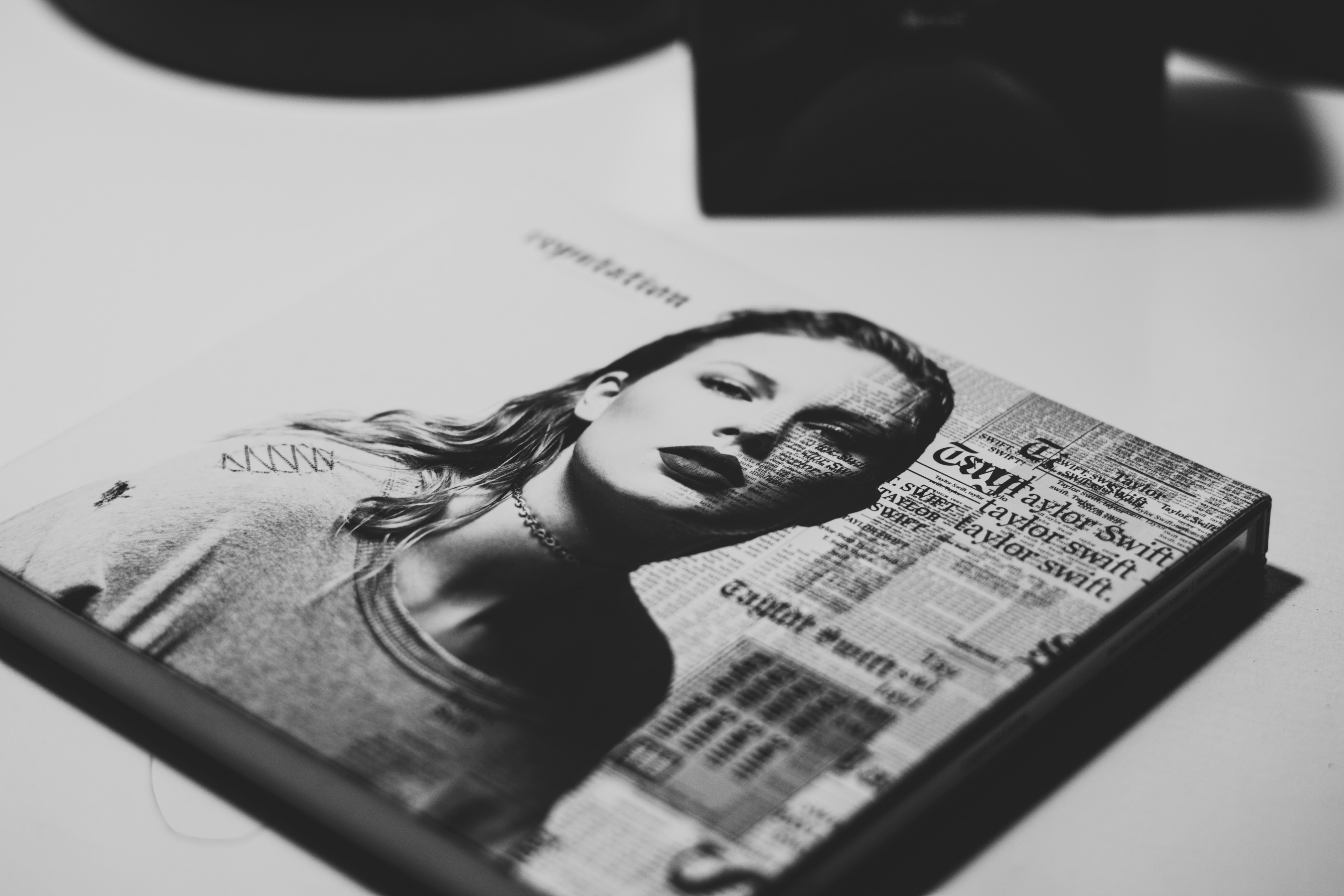There was no way for fans of Kendall Jenner and Bella Hadid to foresee the Fyre Festival disaster when they purchased tickets to what was promoted by these tastemakers, among others, as a ritzy and exclusive music festival on an exotic island. Did Jenner and Hadid believe in what the festival promised to be and know that the organizers were good to follow through before promoting it on their Instagram feed? No, of course not. Because this is just the latest example of influencer marketing gone horribly wrong.
Influencer marketing, a type of marketing where celebrities and influential individuals promote products or services, usually through social media, has exploded in the past few years. In fact, a recent survey reported that 84% of marketers plan on executing at least one influencer marketing campaign in 2017. But is using celebrities’ influence to push products any better or worse than conventional marketing? Is reaching young people through social media—especially Instagram—any more sinister an agenda than other tried-and-tested marketing tactics?
Why Fyre Went up in Flames
Quietly Instagram Embed
Fyre Fest is a notorious example of “buyers beware”—it has even been mockingly referred to as the Hunger Games for rich kids of Instagram. If you haven’t already heard the details, the festival, brain child of rapper Ja Rule, was advertised as a luxury music festival in the Bahamas, with tickets including fancy amenities, gourmet cooking, and even (for an added fee), access to private yachts. Instead, attendees got disaster relief tents and cheese on bread. While the photos shared before the event featured groups of stunning models sporting a Coachella-esque aesthetic, the reality of the event could not have been further from its branding.
If you think that misleading influencer marketing needs to be called out as the egregious breach of trust that it is, the domain FakeAdvertising.Sucks might be the best place to make your case.
Who’s Under Fire for Fyre?
Quietly Instagram Embed
If Jenner, Hadid, and other influencers knew what a disaster the festival would turn out to be, would they have refused to take part? It’s impossible say. That’s the problem with influencer marketing, though: people are paid (or compensated through free products, trips and other perks) to advertise for something they don’t necessarily believe in and may not have even vetted. And now, it seems, the organizers and marketers may be held accountable: 100 influencers could possibly be sued for not disclosing their social media posts as paid ads under US federal trade rules. Ja Rule and co-founder Billy McFarland’s company, Fyre Media, has been hit with a $100 million lawsuit for fraud and negligent misrepresentation. Influencer marketing is a fickle, sometimes disastrous game but it has swept the globe and become a huge part of marketing products and brands.
The “VIP” guests stranded on an island without basic amenities will probably be the first to tell you that InfluencerMarketing.Sucks. If you agree, a custom .SUCKS website is a good place to air your grievances.
Dishonesty is Rampant
Quietly Instagram Embed
It’s not just new, media-savvy event promoters (à la Fyre Fest) that may err in judgement and choose popularity marketing over honesty. Warner Brothers was recently taken to task after the company paid YouTube influencers for positive reviews of its game, Shadow of Mordor. In the agreement, YouTube personalities promoting the game could not say anything negative, nor could their videos show any glitches or bugs in the game. Larger influencers like web-based comedian Felix “PewDiePie” Kjellberg came under fire for not adequately disclosing the paid promotion, but many others were involved, as well.
Misleading advertising sucks but Bow Wow somehow managed to turn it into a game after he was caught posting a photo of private jet that wasn’t his. When he was called out, Bow Wow replied by challenging his fans to come up with deceptive photos and pair them with their “in reality” counterpart. Fans responded in droves on Instagram and Twitter using the hashtag #bowwowchallenge and came up with some smart deceptions, including using empty clothes to simulate a significant other and taking close-up pictures of model cars in the “car wash” (shower).
Bow Wow may have been caught blatantly lying online, but he was at least smart enough to turn an embarrassing moment into a hilarious meme. If you want to call out the best (read: worst) Instagram posts, YourFilteredLife.Sucks is available for purchase.
The Takeaway
While the #bowwowchallenge side-by-sides are amusing and clever, it just goes to show how easy it is to fake it on social media. This is something consumers, companies and influencers themselves need to keep in mind. After the Fyre Fest debacle, partygoers are a lot more cautious about blindly following event promoters on social media—but this level of vigilance needs to extend past music festivals to everyday product mentions and more subtle and insidious forms of promoted content.
Have an opinion on influencer marketing? A .SUCKS domain is a great way to start the next conversation.
Photo: Shutterstock / astarot










